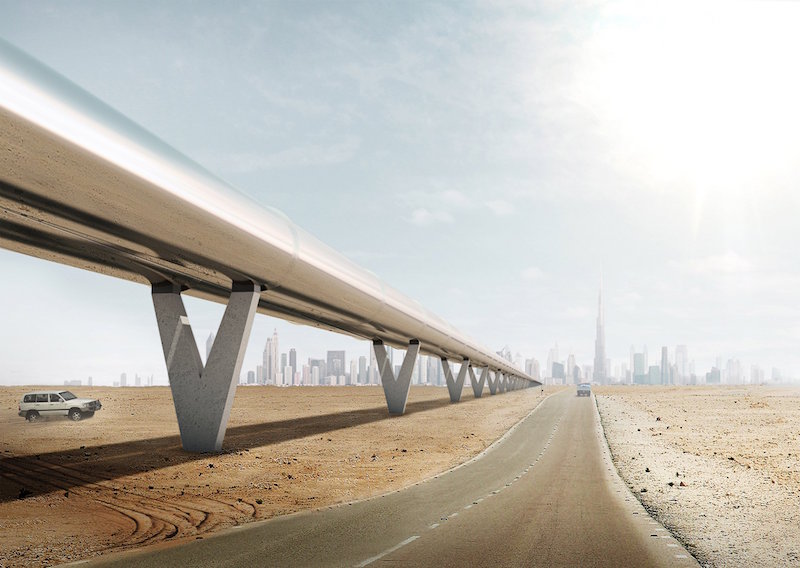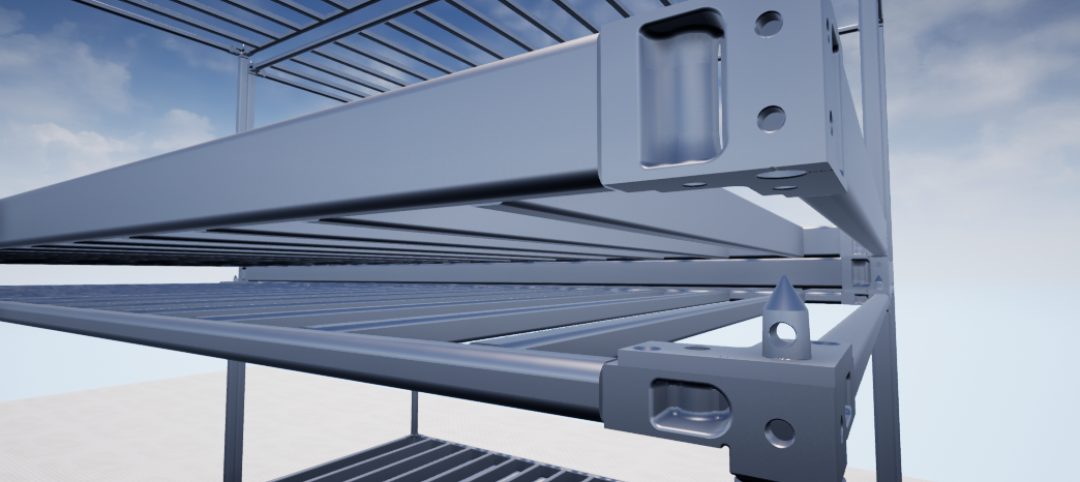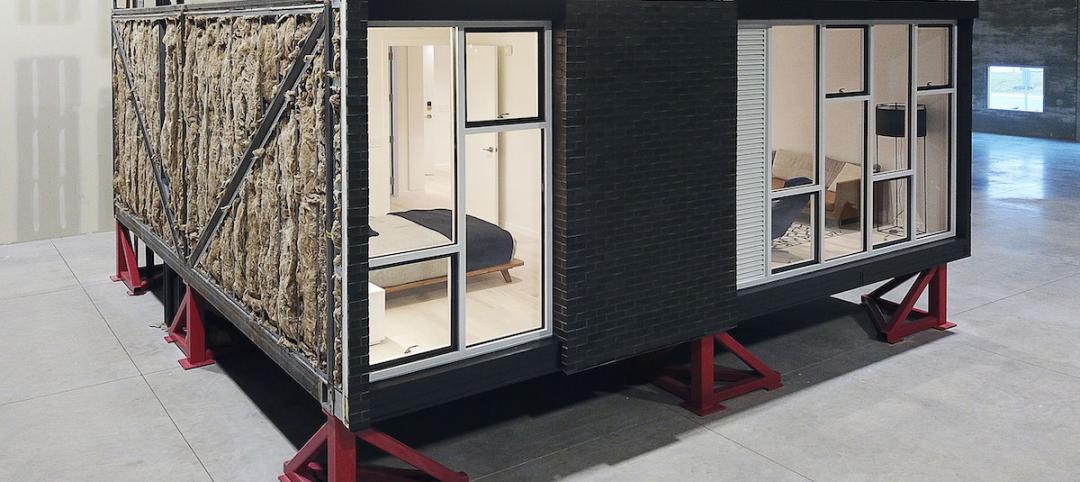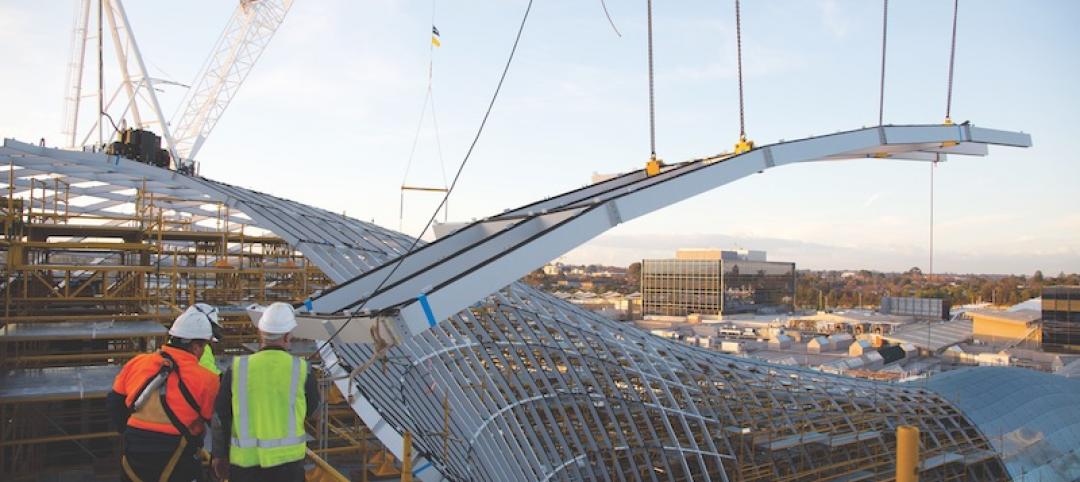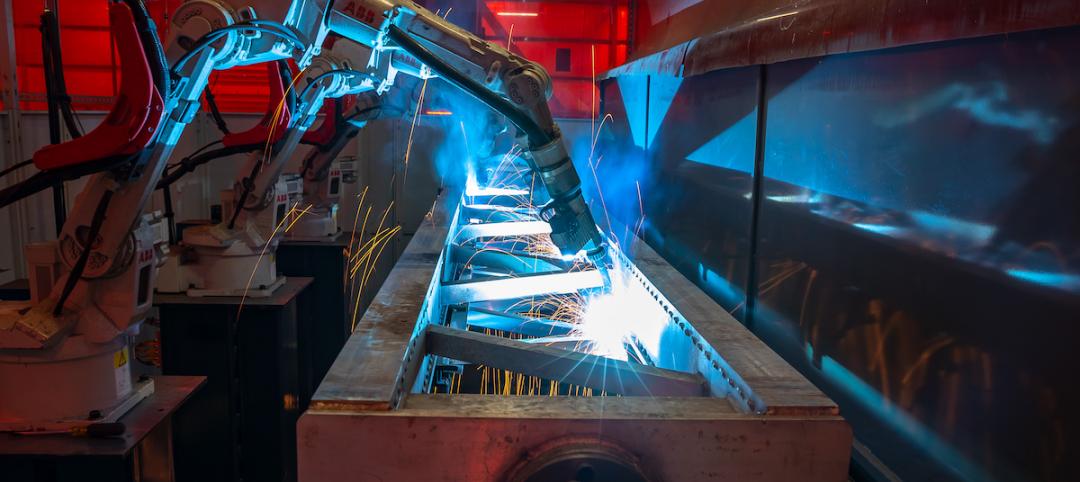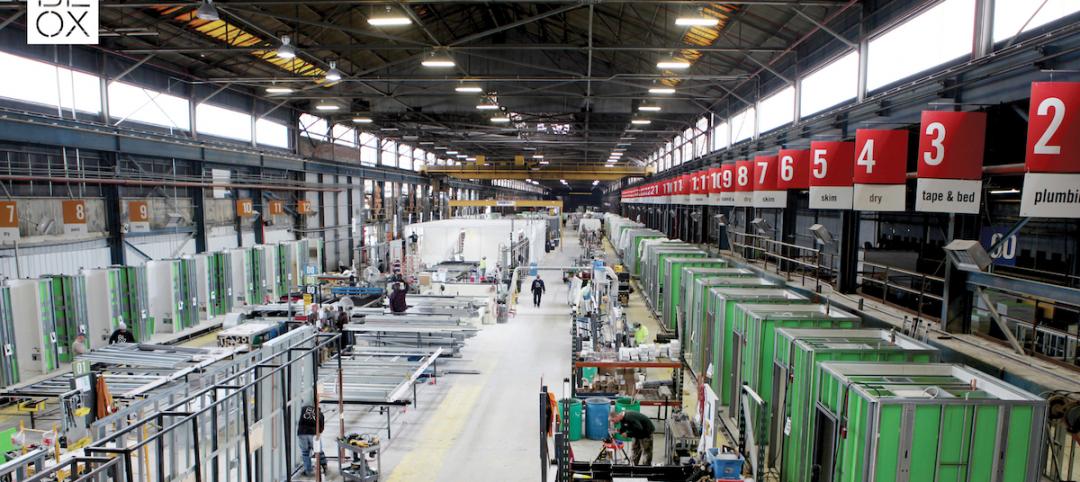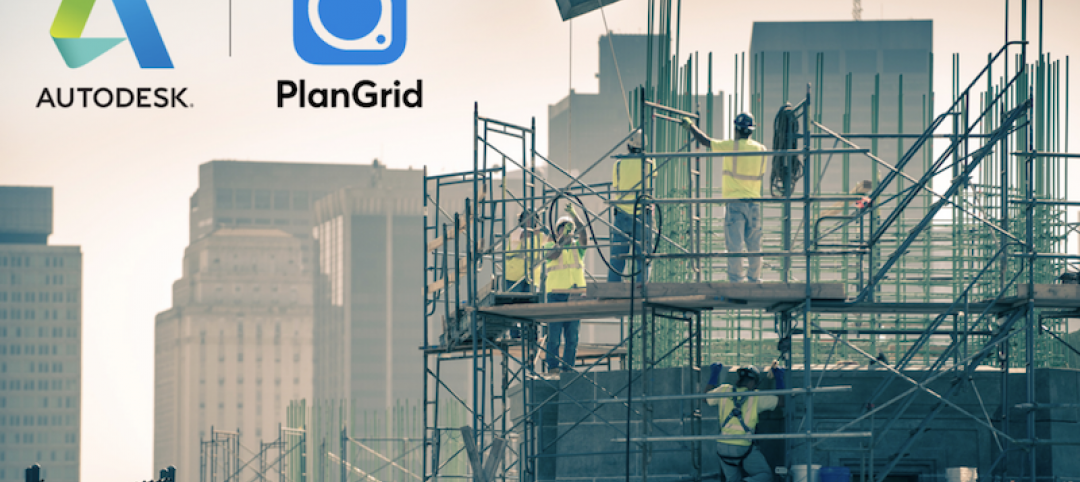At some point in the past year or so, you have probably heard the term “hyperloop” thrown around as the future of transportation. Elon Musk first unveiled the concept of a hyperloop in 2013, Dezeen reports. Since that time, however, he open-sourced the technology and is no longer directly involved with the development.
This gave other companies, such as Hyperloop One, the opportunity to take the hyperloop from concept to reality. The company describes its hyperloop system on its website by writing, “The system uses electric propulsion to accelerate a passenger or cargo vehicle through a tube in a low pressure environment. The autonomous vehicle levitates slightly above the track and glides at faster-than-airline speeds over long distances. We eliminate direct emissions, noise, delay, weather concerns and pilot error.”
The idea of a hyperloop may seem more science fiction than fact, but it is actually grounded in reality. Hyperloop One, with the help of Danish design firm BIG, has big plans of connecting Dubai and Abu Dhabi via a hyperloop, bringing travel time between the two cities down to just 12 minutes. Riyadh would be reached in 48 minutes, Doha in 23 minutes, and Muscat in 27 minutes. The hyperloop pods that hold the passengers and their cargo will be able to reach speeds of up to 1,100 kilometers per hour.
BIG’s designs show the Dubai station, dubbed the “portal” due to its sunken and circular styling, situated at the foot of the Burj Khalifa, according to the most recent information from Dezeen.
Each pod has room for six people and is loaded onto a transporter vessel attached to a chassis, although, the pods will differ with plans for specific offerings for business, lounge, and single. The pods themselves are autonomous and can leave the transporter, travel onto regular roads, and pick up passengers at any point, according to BIG.
The portal eliminates waiting halls through the use of frequent arrival and departure times.
Along with BIG, engineering firms AECOM and Arup are also working with Hyperloop One in an effort to become the first team to build a hyperloop system. Hyperloop One tested its propulsion technology earlier this year near Las Vegas and achieved speeds of 187 kilometers per hour in 1.1 seconds.
Currently, Hyperloop One’s top competitor is Hyperloop Transportation Technologies, which has a test track under construction in California and plans to connect Budapest, Vienna, and Bratislava with a hyperloop in the near future.
You can watch a video from BIG detailing how Hyperloop One’s system would work and be laid out below.
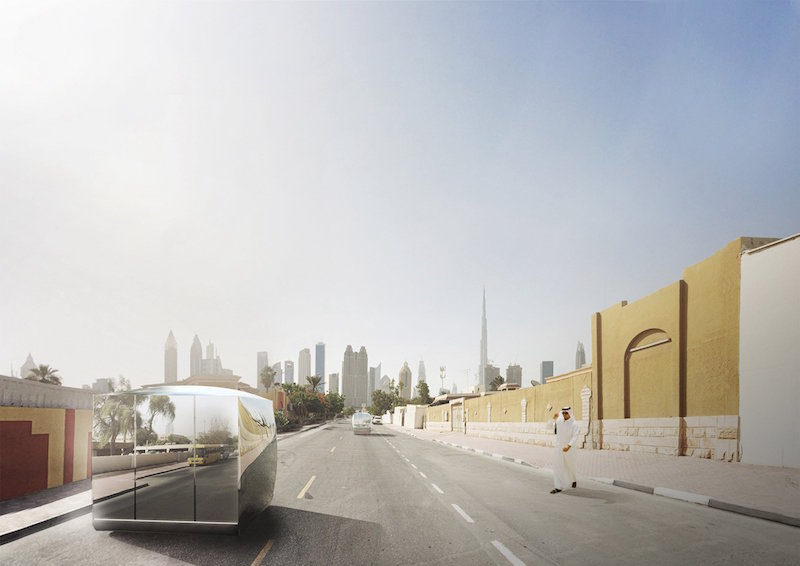 Courtesy of BIG
Courtesy of BIG
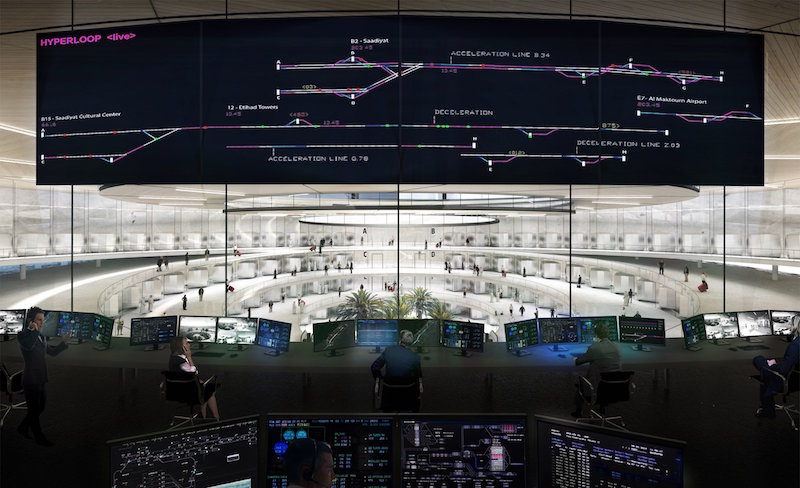 Courtesy of BIG
Courtesy of BIG
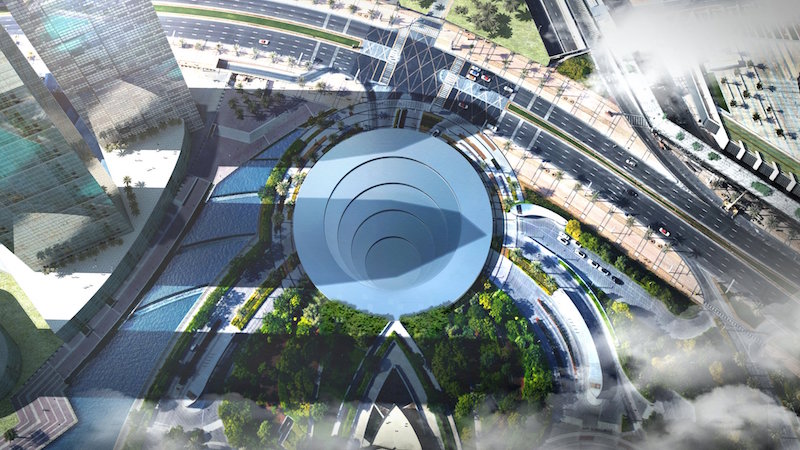 Courtesy of BIG
Courtesy of BIG
Related Stories
Building Tech | Apr 19, 2019
Skender, Z Modular reach agreement to fabricate multifamily housing components
Factory to open soon on the southwest side of Chicago.
Building Tech | Apr 8, 2019
Factory-based construction with no siloes starts with a single source of truth
Working from a single source of truth means every factor of design, procurement, manufacturing, and assembly will be accounted for before the assembly line is turned on.
Building Tech | Mar 19, 2019
Digital twin startup aims to map the planet's metros
The Smart World suite of 5D software platforms map and visualize data provided by metropolises to an intuitive real-time 3D simulation.
Digital Twin | Mar 15, 2019
Digital twin applications: 7 steps to a better-managed jobsite
Automated progress monitoring and optimizing equipment usage are among the potential applications for digital twin technology on construction jobsites.
Digital Twin | Mar 15, 2019
The Gemini Factor: Digital twin tech enters the AEC market
AEC firms explore how digital twin technology can bring more consistency to the design process and construction site.
Building Tech | Mar 13, 2019
Almost everything you wanted to know about industrial construction
Our experts offer 15 tips on how best to perform factory-based construction.
Building Tech | Feb 18, 2019
Investing — and building — smarter
Edge Technologies has entered into alliances with the International WELL Building Institute and wellness-focused real estate developer Delos.
Building Tech | Feb 14, 2019
The epic rise of industrialized construction
Experts project that prefabrication and modular construction will total $209 billion by the end of the decade.
Building Technology | Dec 20, 2018
Autodesk is spending $1.15 billion to acquire two construction tech providers
PlanGrid and BuildingConnected are the latest pieces in the company’s quest to digitize the construction industry.
3D Printing | Dec 7, 2018
Additive manufacturing heads to the jobsite
Prototype mobile 3D printing shop aims to identify additive manufacturing applications for construction jobsites.


